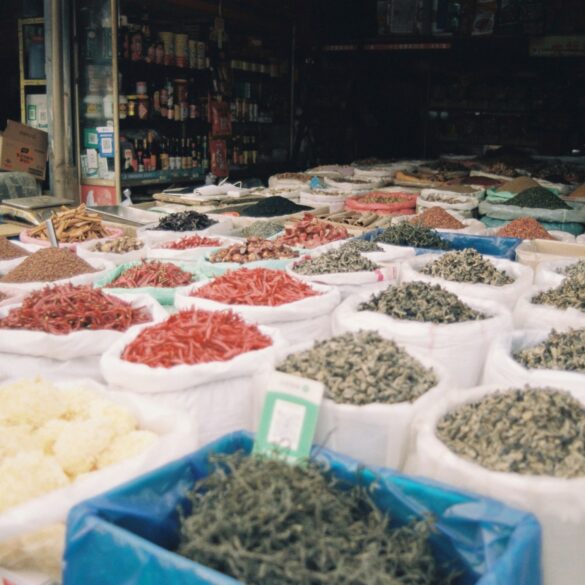The government has approved a new integrated policy to bring all fertiliser dealers into a single system, a move that aims to stop corruption and make fertiliser cheaper and more available for farmers. Under the plan, dealers will be allowed to sell every type of fertiliser from one shop so farmers can buy what they need without extra trips. Dealers must operate three sales centres each: one main warehouse and two smaller outlets in easy-to-reach ward locations. Each outlet will display product names, prices and the amount of subsidy so buyers can see the true cost. The policy also places clear limits on who can be a dealer. Public officials, elected representatives and convicted criminals will not be allowed to hold dealership licences, and family concentration of dealers is barred to keep the market fair. Applications will be processed online and the government plans to use a stock-monitoring app to reduce irregularities in distribution. This system is meant to break existing syndicates and stop dealers from creating artificial shortages or charging more than the set price. Many experts call the move welcome because it puts transparency and rules at the centre of the supply chain. At the same time dealers have raised worries about added costs and low commission on sales, saying that running three outlets will be expensive and that the current commission is too small to cover expenses. Representatives say such issues could create short-term instability in supply, especially during peak planting times. In response, the coordinating committee has agreed to consider raising the commission to make the plan more workable for sellers. Still, specialists warn that a higher commission alone will not solve every problem. For the policy to succeed, the government must follow through with steady oversight, strong administration and quick action against rule-breakers. Timely enforcement and clear monitoring are needed so dealers do not return to old practices. Practical support for dealers will help the system take root: phased rollouts, help with setting up outlets, small grants or loans for infrastructure and clear training on stock management and online reporting will all ease the change. Farmers will benefit if the new system reduces mystery charges and ensures fertiliser is available at the set price. Transparent stocks and posted prices will also help smaller farmers plan and budget their cropping year. Finally, public information and community feedback channels can keep the plan honest and responsive. When citizens, officials and dealers work together the policy can make fertiliser supply fairer and steadier. The idea is encouraging, but success depends on patient implementation, good technology, and a commitment to protect farmers from both shortage and overcharging. Clear timelines, strong local offices, and regular audits will help build trust.
One Market, Fairer Supply: New Policy Aims to Stabilise Fertiliser for Farmers
28


